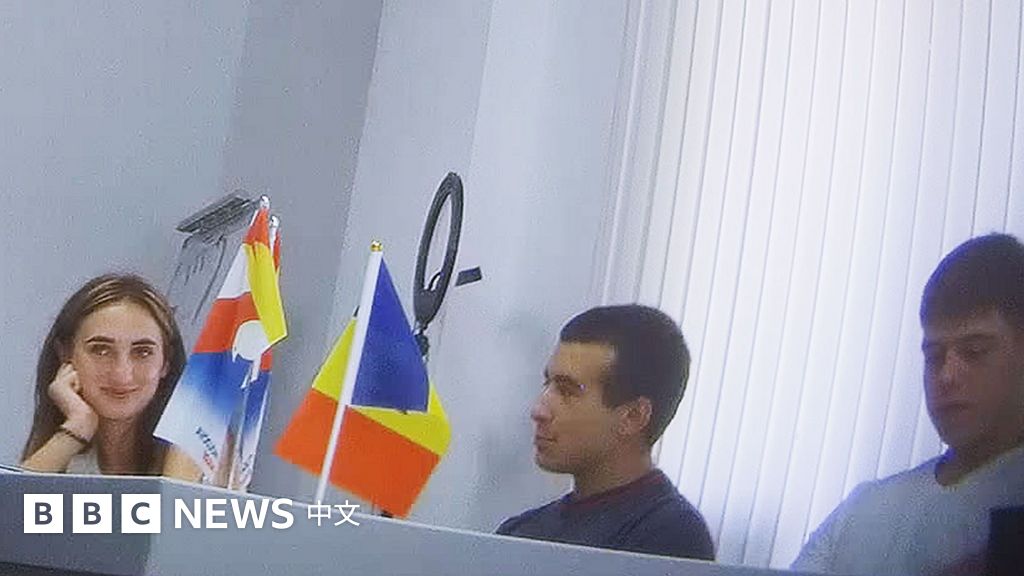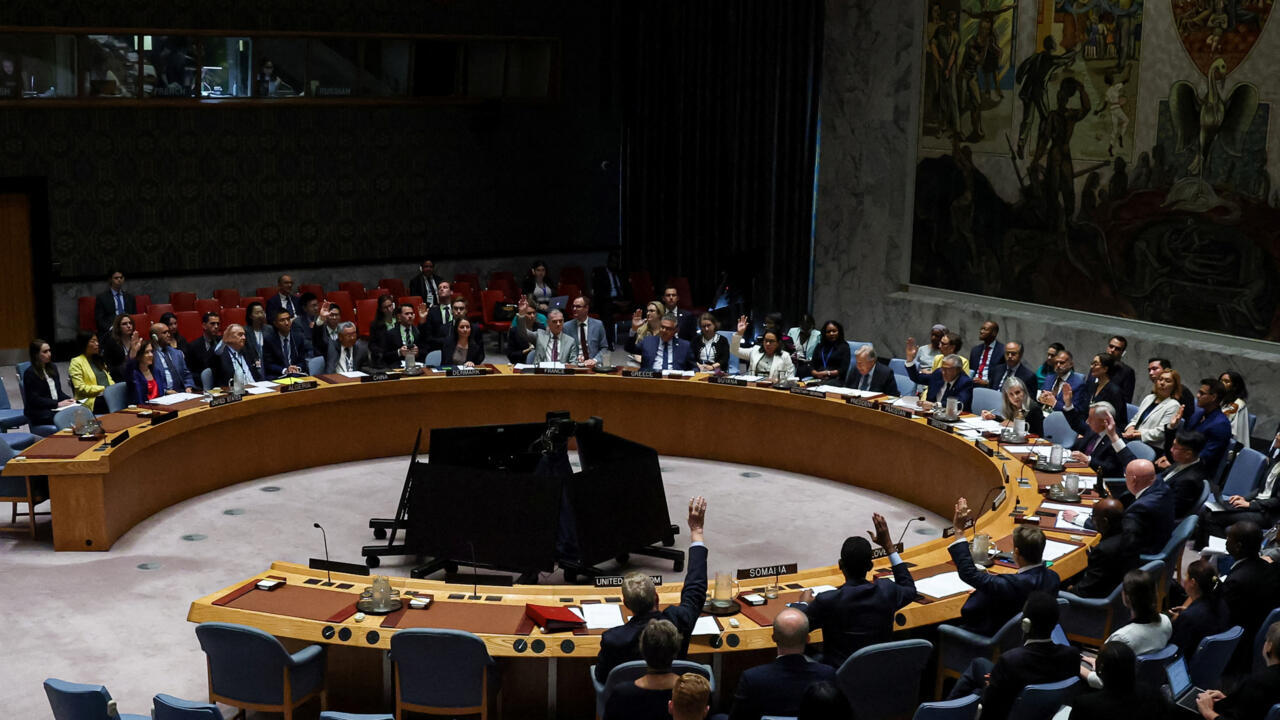Russian-Funded Disinformation Network Targeting Moldovan Elections
A BBC investigation has uncovered a covert, Russian-funded network attempting to disrupt the upcoming democratic elections in Moldova, scheduled for September 28th. The network is allegedly paying individuals to disseminate pro-Russian propaganda and spread false information to undermine the pro-European ruling party.
Details of the Disinformation Campaign
Undercover BBC reporters discovered that participants were promised payment for publishing pro-Russian propaganda and disinformation ahead of the Moldovan parliamentary elections. They were also tasked with secretly recording individuals who support the pro-Russian opposition and conducting a fabricated "opinion poll" under the guise of a non-existent organization.
The network coordinator suggested that this selectively sampled poll could be used to cast doubt on the election results. The results, which already indicate the defeat of the ruling party, have been published online. Official polls, however, show the ruling Party of Action and Solidarity (PAS), founded by President Maia Sandu, leading the pro-Russian Patriotic Electoral Bloc (BEP).
Connections to Ilan Shor and Evrazia
The BBC investigation revealed connections between the disinformation network and Ilan Shor, a Moldovan oligarch sanctioned by the United States for "assisting the Kremlin in malicious influence operations" and currently exiled in Moscow. The United Kingdom has also imposed sanctions on him for corruption.
The network is also linked to a non-governmental organization called Evrazia, closely associated with Shor. Evrazia faced sanctions from the UK, US, and European Union for allegedly bribing Moldovan citizens last year to vote against joining the EU. The referendum ultimately passed with a narrow margin.
"In 2024, Shor's campaign focused on money; this year, it's disinformation," said Viorel Cernauteanu, the head of the Moldovan police, to the BBC.
Inside the Network's Operations
The BBC infiltrated the network, which operates through the Telegram messaging app, gaining insights into its anti-democratic propaganda methods. An undercover BBC reporter, "Ana," and 34 other recruits were required to participate in secret online lectures aimed at "training activists." Following this, a network coordinator named Alina Juc contacted Ana, offering 3,000 Moldovan Lei (approximately $170 USD) per month to create TikTok and Facebook posts before the election. The funds were said to be transferred from Promsvyazbank (PSB), a sanctioned Russian state-owned bank.
Participants were trained to use ChatGPT to create social media content. They were instructed to use "satire" in their images to attract attention but cautioned against excessive use of artificial intelligence to maintain a "natural" feel. They were instructed to post unfounded allegations, including accusations that the current government plans to manipulate election results, that Moldova's EU accession requires supporting LGBTQ rights, and that President Sandu is involved in child trafficking.
Scale and Impact of the Disinformation
The investigation indicates that the network comprises at least 90 TikTok accounts, some disguised as news outlets, which have collectively published thousands of videos since January, amassing over 23 million views and 860,000 likes. Moldova's entire population is only around 2.4 million.
The BBC shared its findings with the Digital Forensic Research Lab (DFRLab), which concluded that the network could be even larger. DFRLab estimates that the network has generated over 55 million views and 2.2 million likes on TikTok since January.
Secret Polling and Financial Connections
Participants were offered 200 Moldovan Lei (approximately $12 USD) per hour in cash to conduct unofficial polls in the capital, interviewing citizens about their preferred candidates. They were trained on how to subtly influence respondents and secretly record those who expressed support for the pro-Russian opposition. Evidence suggests the network receives funding from Russia, with intermediaries caught requesting funds from Moscow to pay workers.
Despite its small size, Moldova's strategic location between Ukraine and Romania, an EU member state, makes it significant to both Europe and the Kremlin.
| Entity | Details |
|---|---|
| Ilan Shor | Moldovan oligarch sanctioned by the US, exiled in Moscow, linked to the network. |
| Evrazia | NGO linked to Shor, sanctioned for allegedly bribing voters. |
| Alina Juc | Network coordinator, linked to Transnistria, suspected of sourcing funds from Russia. |
| Promsvyazbank (PSB) | Sanctioned Russian state-owned bank, suspected source of funds. |
Responses and Denials
The Russian Embassy in the UK denied involvement in spreading fake news and interfering in elections, claiming that the EU is the party interfering in Moldova's elections. TikTok stated that it has strengthened security measures ahead of the election and will "actively combat fraud." Meta, Facebook's parent company, did not respond to the investigation's findings.
 Visit the website
Visit the website






